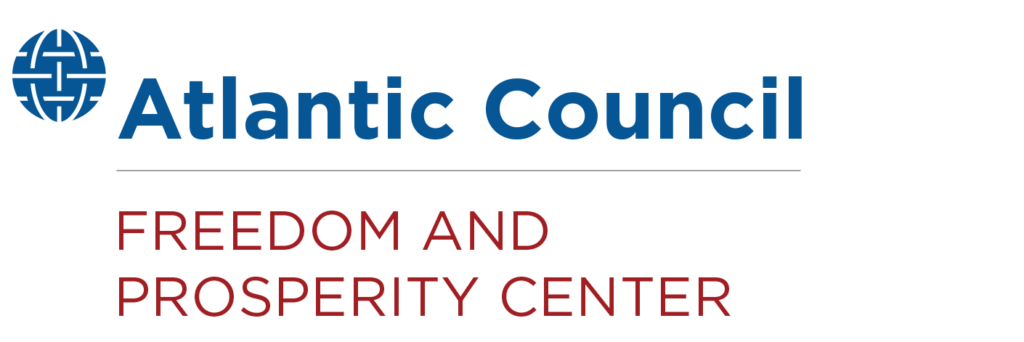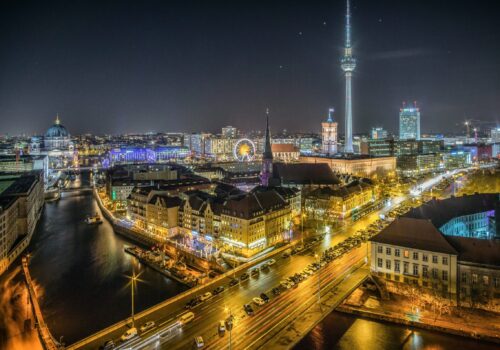Changing the conversation about religious freedom: An integral human development approach
Freedom of religion or belief is not a niche issue—it lies at the core of what it means to be human and how societies flourish. In that sense, persecution of religion and religious minorities is an injustice that hampers sustainable development and weakens political stability. Such discrimination not only infringes on the rights of millions to practice their faith but it also imposes severe socio-economic restrictions on religious minorities. It can limit access to healthcare (SDG 3), education (SDG 4), food (SDG 2) as well as clean water and sanitation (SDG 6). When religious minorities are forced into unsafe and low-paid economic sectors, their right to decent work is jeopardized (SDG 8), pushing many into poverty (SDG 1).
Unfortunately, global efforts to protect and advocate for religious freedom remain largely ineffective. In some circles, the campaign for religious freedom is perceived as a partisan political tool, favoring certain groups while sidelining others. It is time to change the conversation.
Integral human development—a holistic model of human flourishing rooted in the inherent dignity of each person and every person—offers a vision that resonates across many of the world’s religious, philosophical, and cultural traditions. It provides a strong conceptual foundations for building a global, religiously literate platform to re-engage religious and policy leaders on this critical policy issue.
Seen through the lens of integral human development, religious freedom appears not merely as “freedom from” persecution or discrimination but also as “freedom to” realize the common good of the society by giving voice to all of its members. This framework promotes interreligious and cross-cultural dialogue, placing efforts to combat persecution within a broader, multi-level collaboration between religious and secular actors. To develop effective policies against religious discrimination and persecution, this kind of comprehensive, inclusive approach that can foster true human flourishing is greatly needed.
About the authors
Fabio Petito is a professor of religion and international affairs at the University of Sussex and nonresident senior fellow for the Atlantic Council’s Freedom and Prosperity Center.
Scott Appleby is the Keough-Hesburgh Professor of Global Affairs at the Keough School of Global Affairs and research fellow of the Ansari Institute for Global Engagement with Religion at the University of Notre Dame.
Silvio Ferrari is professor emeritus of law and religion at the University of Milan and honorary president of the International Consortium for Law and Religion Studies.
Michael Driessen is professor of political science and international affairs at John Cabot University and director of the Rome Summer Seminars on Religion and Global Politics
Related content
Explore the program

The Freedom and Prosperity Center aims to increase the prosperity of the poor and marginalized in developing countries and to explore the nature of the relationship between freedom and prosperity in both developing and developed nations.
Image: Landscape of the Fengmi Mountain and Xingkai Lake embraced by a sea of clouds at sunrise in Jixi city, northeast China's Heilongjiang province, 20 July 2019. During sunrise, a sea of clouds was generated over the Fengmi Mountain and Xingkai Lake in northeast China's Heilongjiang province. In May, the weather is getting warmer and on Xingkai Lake, the fog was formed due to the temperature difference between the ground and the air. With the help of the wind, the fog flowed towards the Fengmi Mountain. In the end, a sea of clouds appeared over the mountain and the lake. No Use China. No Use France.


